The COVID-19 Reading Challenge
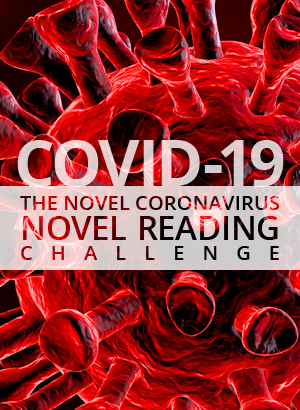 Are you feeling a little stir crazy? Does your reading material suddenly seem a little to irrelevant to our current shared circumstances? Us too! Yes, our website is full of books that can distract you from the problems of our everyday lives, but what if the story you want to read IS the thing we’re living through.
Are you feeling a little stir crazy? Does your reading material suddenly seem a little to irrelevant to our current shared circumstances? Us too! Yes, our website is full of books that can distract you from the problems of our everyday lives, but what if the story you want to read IS the thing we’re living through.That is where the COVID-19: The Novel Coronavirus Novel Reading Challenge comes in. Strangely enough, many folks find some kind of relief or distraction in reading books about pandemics. So for this challenge we are going to read about some fictional pandemics to help take our minds off the real one raging outside. Pick one of four different reading levels and then pick from among any books in our database having to do with diseases – real or alien. If you think we’re missing any books (SF/F/H) that you believe should belong in our database, let us know and we’ll add them.
Here are a few suggestions to get you started.
Not only is Ms. Shelley credited with writing the first work of science fiction, she also wrote the first outbreak novel as far as we can tell. Yes, Sophocles wrote about a Theban plague in Oedipus Rex, and the residents of Noricum suffered their own (fictional?) epidemic in Virgil’s Georgics, but plays and poems, being more ancient forms of literature, could never be science fiction. That art form couldn’t blossom until the arrival of the novel, which, as its name suggests, was an art form oriented toward the new. And science certainly felt new and exciting in 1826, when Shelley wrote her exploration of the outbreak sub-genre only 10 years after the legendary year of no summer inspired her fascination with medical aberration and catastrophe.
The Last Man is set in the 21st century, and, while descriptions of technology will strike contemporary readers as quaint, some of Shelley’s predictions are accurate enough. England has become a Republic thanks to a royal exit. The story’s plague starts in the walls of a major city in the East (in this case, the Near East: Constantinople) and travels across oceans to infect the known world. England’s Lord Protector, as now seems prescient, finds the country unprepared for an epidemic and flees, hoarding provisions. Charlatans and faith healers hawk cures that don’t exist.
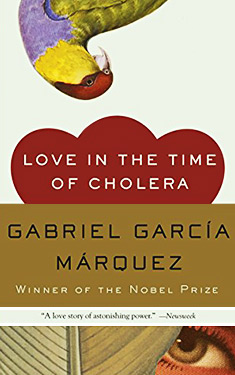 Love in the Time of Cholera
Love in the Time of Cholera
by Gabriel Garcia Márquez
Gabriel Garcia Márquez essentially invented magical realism, which is not only a WWEnd sub-genre, but is regarded as a whole genre of its own. Love in the Time of Cholera might not be as overtly fantastical as the iconic One Hundred Years of Solitude, but Garcia Márquez was still working his way from ordinary realism to his new style of writing. In this story, a very real outbreak of cholera was commonly diagnosed, and the protagonist’s own heartbreak — the mystical force we all know as love — presents the same symptoms. Love manifests itself as disease, and, in this world, they may as well be the same thing (sound familiar?). Unlike The Last Man, this novel doesn’t offer a parallel to the physical epidemic we are all experiencing so much as it presents a meditation on the sickness that has visited all our hearts at one time or another.
Shakespeare once commented in his mythic pair of sonnets that Love’s fire heats water, water cools not love. Unlike cholera, the most human of afflictions has no cure… and never will. So if you’d like to distract yourself from the comparably boring affliction of COVID-19, we recommend adding Love in the Time of Cholera to your reading list.
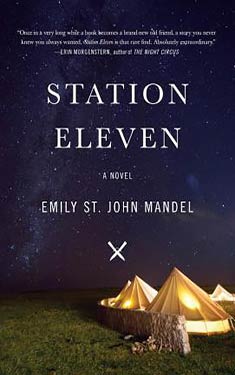 Station Eleven
Station Eleven
by Emily St. John Mandel
We think of epidemics as if they always come from somewhere else. But the 1906 contagion precipitated by “Typhoid Mary,” the swine flu epidemic of 1976, and the decade long measles outbreak in the 1980s were all homegrown. This is also the case with the “Georgian Flu” that torments the characters of Station Eleven. If you’re looking for a deep study of epidemiology, this isn’t the book you’re looking for. This is about what happens after a disease topples civilization the way only big pandemics like the bubonic plague could. The story really gets going 20 years later with a troupe of traveling actors who struggle to bring entertainment to anyone who is left.
Station Eleven will soon be a 10 episode series on the upcoming HBO Max platform. While HBO Max looks to go online earlier than expected (in May), the series only started filming in January. It’s unclear how many if any episodes finished filming before production companies interfered with their schedules due to COVID-19. Yes, the irony of an post-pandemic TV show being interrupted by an actual pandemic was not lost on us.
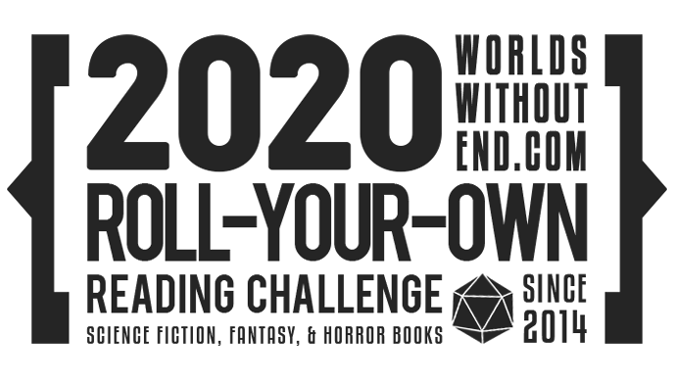 The COVID-19 reading challenge is just one of 30+ Roll-Your-Own Reading Challenge themes that you can join. You can even create your own custom theme, determine your own requirements, and host your challenge right here on WWEnd. What’s more, you can share your challenge with other members, friends, family, reading groups, and even your own blog followers.
The COVID-19 reading challenge is just one of 30+ Roll-Your-Own Reading Challenge themes that you can join. You can even create your own custom theme, determine your own requirements, and host your challenge right here on WWEnd. What’s more, you can share your challenge with other members, friends, family, reading groups, and even your own blog followers.



















 Full Details
Full Details
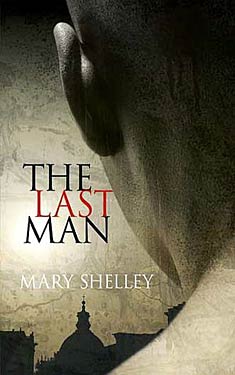


4 Comments
Great reading challenge! I’d like to nominate Moreta by Anne McCaffrey. It’s about a flu pandemic. With dragons. It’s part of a series, but I think it stands alone.
Also:
The Domesday Book by Connie Willis: influenza and the plague
The White Plague by Frank Herbert: genetically engineered plague that kills only women
Feed by Mira Grant: zombies
I agree, The Doomsday Book is a most appropriate reading for these times
Earth Abides, by George R Stewart. Astonishing story, with such a complete vision of what could happen.
Sorry, the comment form is closed at this time.